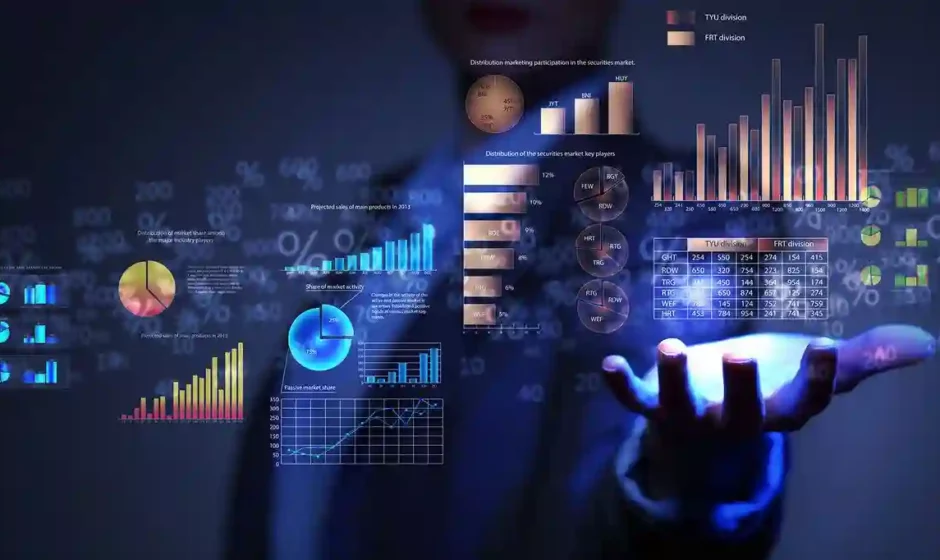Forex trading is the act of buying one currency and selling another. Currencies are always quoted in pairs, and when you buy a pair you’re making a bet that the currency you bought will rise in value relative to the currency you sold.
Just like when you borrow money from a bank or keep funds in an account, each trade in forex involves paying and earning interest.
Fundamental Analysis
The first and foremost reason to trade Forex is that it’s a very profitable way to make money. In fact, it’s much more profitable than investing in stocks or commodities.
However, it’s important to remember that trading is not a get-rich-quick scheme and requires hard work, perseverance, and patience. It also takes time to learn how to properly analyze the market and develop a sound strategy.
In addition, traders must be aware of the costs associated with Forex trading, such as spreads and rollover fees. By understanding these costs, traders can be better prepared to manage their risks and make informed trading decisions. Moreover, they must be willing to accept that not every trade will be a winner and that losing trades are just feedback.
Technical Analysis
A key element of success in forex trading is a well-defined risk management strategy. This includes using stop-loss and take-profit orders to limit your losses and maximize your profits. It’s also important to keep a trading journal and analyze your trades to identify patterns that can help you improve your performance.
Another important aspect of forex trading is technical analysis, which involves tracking social, economic and political events to predict how they may affect currency pairs’ prices. Traders also use technical indicators to fine-tune their strategies.
Leverage
Forex trading is highly volatile, and profits can be made or lost quickly. It’s important to keep up with news and economic events that could affect the market, especially as major factors can send currency rates whipsawing in different directions in minutes.
Leverage allows traders to open larger positions with less capital, magnifying their potential returns. However, losses can also be magnified and could exceed the amount borrowed. In addition, transaction costs such as spreads may eat into any gains.
It is also important to control emotions such as fear and greed when trading. Emotions can lead to impulsive trades, which can lead to large losses if the market moves against you. This is why it’s important to stick to a well-defined strategy. You should also track your trades in a journal to analyze your performance and improve your strategies.
Trading Conditions
Currency prices move up and down based on geopolitical events, economic data and natural disasters. Traders buy and sell currencies in order to make profits. They may also hedge their foreign exchange risks, like a company with European operations might do by selling euros and buying U.S. dollars.
Forex trading is a decentralized market and traders can use leverage (borrowing money to increase their investment) to boost their returns. However, this can lead to serious losses if the market turns against you.
The forex market has high liquidity, is 24-hours a day and has minimal transactional costs (other than the spread). It is traded by what is known as a lot — a standardized unit of 100,000 units of currency. A bid and ask are also listed on the market to display the maximum amount buyers are willing to pay for a currency, and the minimum amount sellers require to sell it.
Trading Tools
There are a variety of tools that can help traders make better trading decisions. For example, a correlation matrix can help traders track and predict the behavior of currency pairs. A pip calculator can give traders an idea of how much one pip is worth in their account currency. And a premium financial news wire can provide traders with the latest information that might impact currency prices.
While it may be tempting to choose a strategy that promises a high win rate, successful traders have long realized that it’s not about how often they win; it’s about the amount of money they make on winning trades and the amount they lose on losing trades. Trading tools can help them accomplish these goals by reducing risk, saving time and increasing efficiency.



